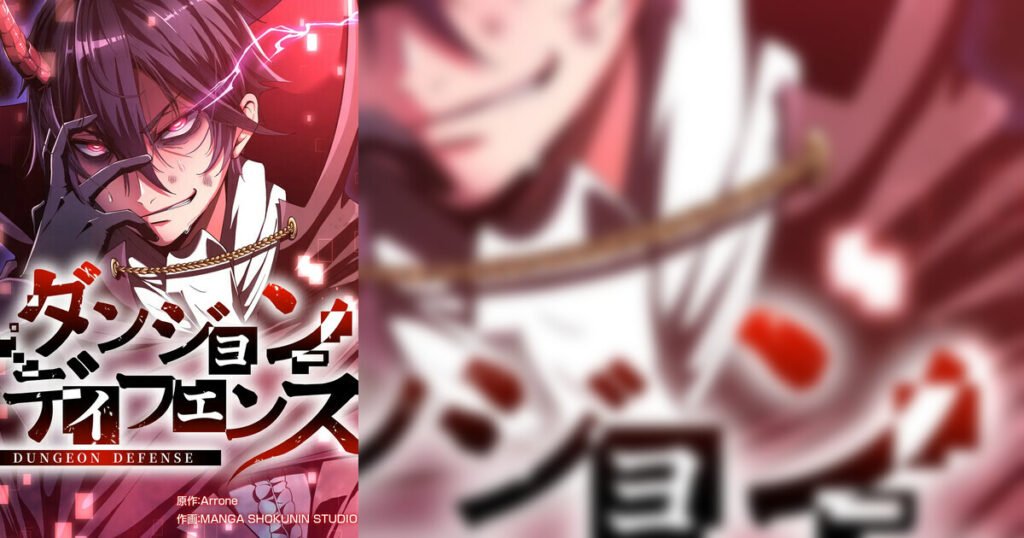Fantasy literature is usually a playground of imagination, packed with epic quests, courageous heroes, and fantastical worlds. Yet, every now and then, a tale comes alongside that shakes the rules of those well-trodden paths. Dungeon Defense Chapter 31 is one such piece of literature, redefining the archetypal Hero’s Journey and the Inheritance Trope in refreshing and idea-upsetting ways.
Table of Contents
Understanding the Hero’s Journey and Inheritance Tropes
The Classic Hero’s Journey
The Hero’s Journey, famously articulated by Joseph Campbell, is a narrative structure deeply embedded in fable literature. This monomyth follows a hero who ventures from their normal global, undergoes trials, gets supernatural aid, and returns transformed. Think of classics like “The Lord of the Rings” or “Harry Potter”—these narratives follow this arc.
The Role of the Inheritance Trope
The Inheritance Trope often accompanies the Hero’s Journey, in which the protagonist inherits something of amazing price—energy, understanding, or a country. This trope fuels individual improvement and units the degree for epic adventures. Titles like “Eragon” and “The Chronicles of Narnia” apply this trope masterfully, displaying how inherited attributes or possessions propel the protagonist into their future.
Deconstruction of Dungeon Defense Chapter 31
Plot Points and Character Arcs
Dungeon Defense Chapter 31 dives deep into the psyche of its protagonist, who has just inherited a mysterious legacy following the demise of his morally bankrupt mother and father. Unlike the typical hero who steps as much as their newfound duties, our protagonist grapples with this inheritance in sudden ways. This bankruptcy is filled with emotional turmoil, ethical ambiguity, and complicated relationships, presenting a wealthy tapestry for readers to decipher.
Subverting the Hero’s Journey
In this chapter, the Hero’s Journey takes a backseat. The protagonist isn’t your typical hero; he’s some distance from it. Instead of embarking on a quest for righteousness or glory, he manoeuvres through a labyrinth of moral grey areas. His trials are not about defeating monsters, but confronting the substantial components within himself and his inheritance.
Twisting the Inheritance Trope
The Inheritance Trope in Dungeon Defense Chapter 31 is far from traditional. What the protagonist inherits isn’t simply power or wealth but a convoluted legacy fraught with dark secrets and techniques and huge ethical dilemmas. This inheritance demands him to overcome external enemies, reconcile with his internal conflicts, and reshape his understanding of morality.
Impact on Fantasy Literature
Innovation and Redefinition of Tropes
Dungeon Defense Chapter 31 pushes the boundaries of traditional delusion literature. Subverting the Hero’s Journey and twisting the Inheritance Trope introduces a narrative complexity that needs more from its readers. This innovation paves the way for Destiny Works to explore comparable depths, encouraging writers to interrupt away from formulaic storytelling.
Implications for Future Works
The bankruptcy sets a new precedent for how tropes may be utilized and redefined. It opens the door for narratives that prioritize psychological intensity and moral ambiguity over uncomplicated heroism and simple journeys. This shift affects reader expectations, urging them to seek out stories that challenge conventional norms and offer richer, more nuanced reviews.
Community Response and Reviews
Reader Reviews
Fantasy e-book lovers and net novel readers have praised Dungeon Defense Chapter 31’s formidable storytelling and complex personal improvement. Reviews highlight the chapter’s ability to keep readers on their feet, supplying unpredictable twists that deviate from regular fable tropes.
Critic Reviews
Critics have also lauded the bankruptcy for its narrative innovation and subversion of conventional tropes. Many consider it a great contribution to the genre, noting its ability to influence future works in myth literature. The bankruptcy has sparked discussions about the evolution of storytelling within the genre, with critics emphasizing its role in challenging and redefining established norms.
Conclusion
Dungeon Defense Chapter 31 stands as a testament to the evolving landscape of fable literature. By turning the Hero’s Journey on its head and reimagining the Inheritance Trope, it offers a story that is both fresh and compelling. Its impact on the genre is simple, placing the level for greater testimonies that challenge conventional conventions and discover the depths of human complexity.
For those eager to explore the intricacies of Dungeon Defense Chapter 31, now is the perfect time to immerse yourself in its wealthy narrative. Whether you’re a seasoned fantasy enthusiast or a newcomer to the genre, this chapter guarantees enjoyment on the way to depart your thinking and reflecting long after you have turned the closing page.
If you have not yet ventured into the arena of Dungeon Defense, we invite you to begin your adventure nowadays. And for the ones already acquainted, we encourage you to revisit Chapter 31 with a fresh angle, appreciating its role in shaping the future of delusion storytelling.







